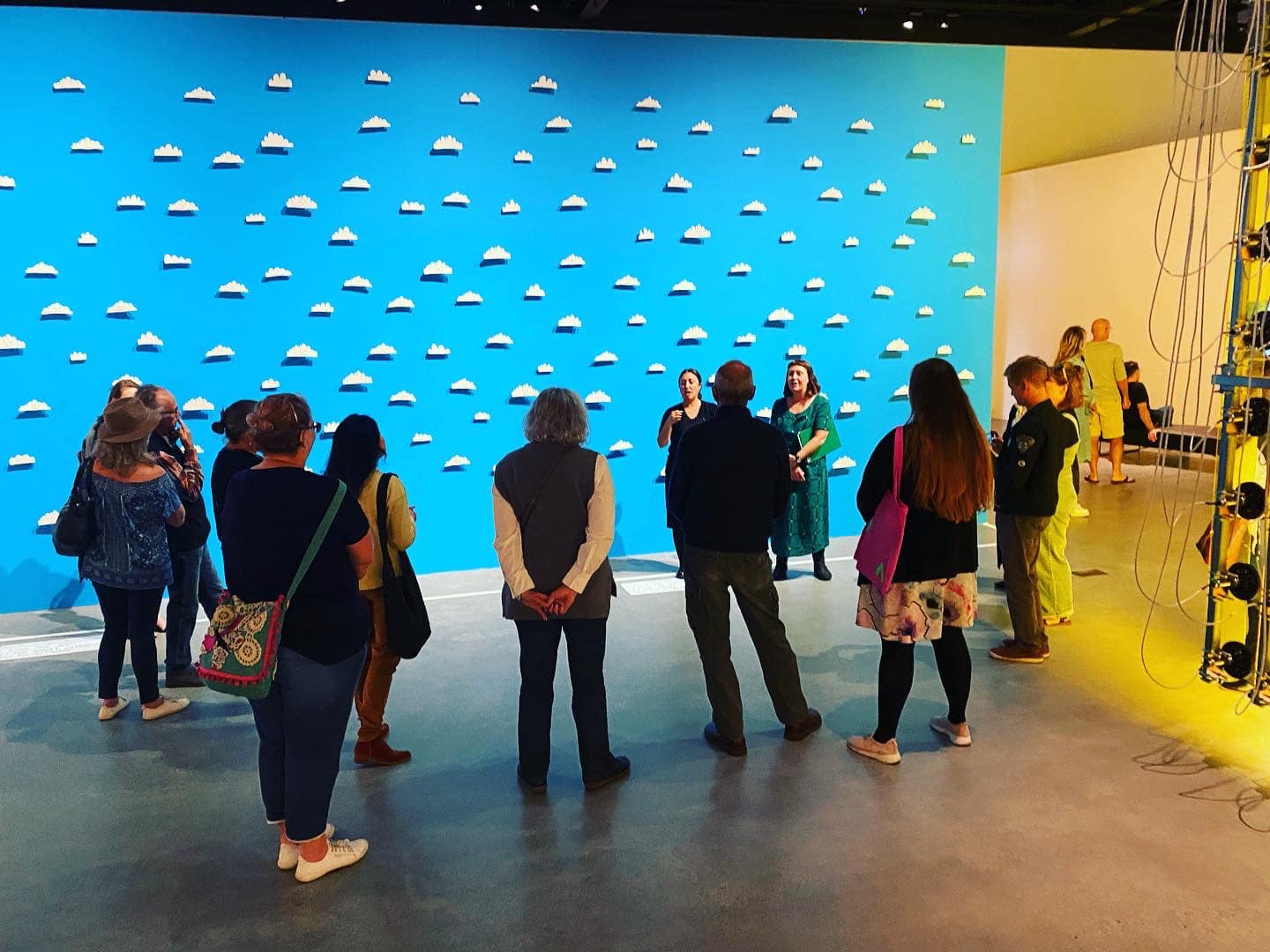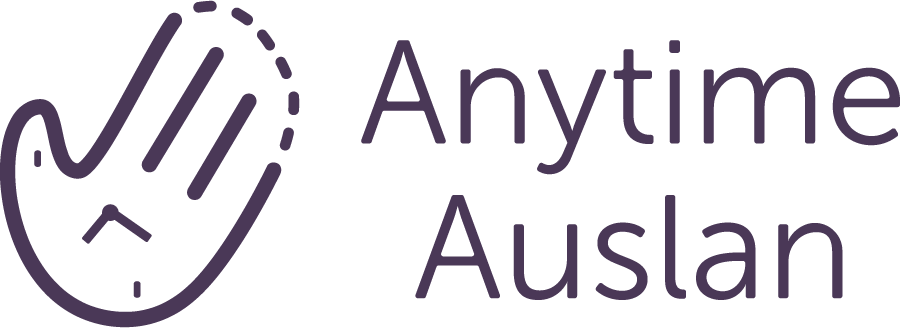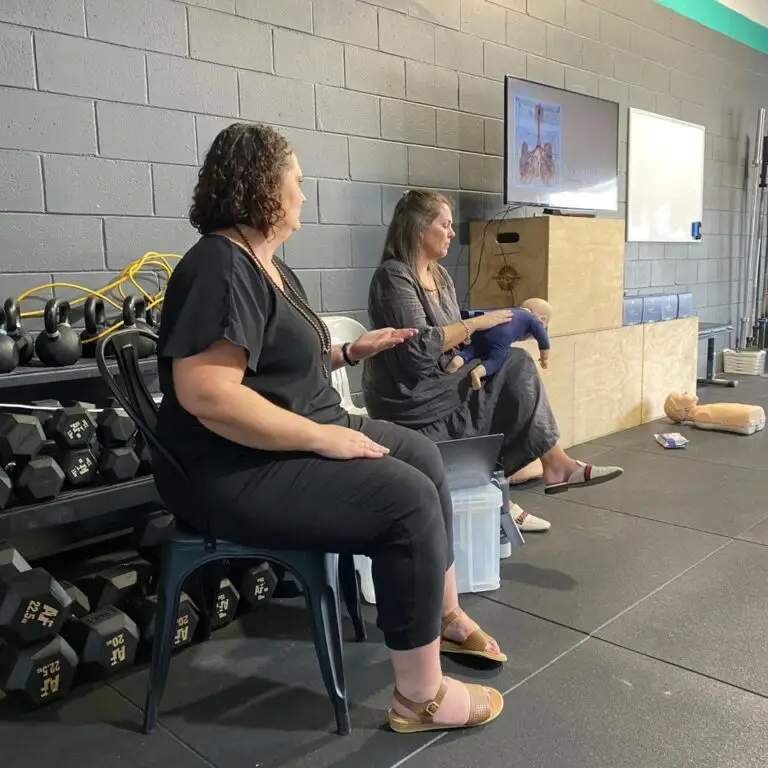Becoming an Auslan interpreter in Australia is a rewarding and challenging path that requires a combination of education, skill, and experience. Auslan interpreting is a vital service that enables the communication between the Deaf community and the hearing world, and interpreters play a crucial role in facilitating understanding and access to information.
The first step to becoming an Auslan interpreter is to gain a solid understanding of the language itself. Auslan is a unique and complex visual-spatial language that is distinct from spoken languages and has its own grammar, vocabulary, and syntax. It is essential to have a high level of fluency in Auslan before attempting to interpret it. There are many resources available to help you learn Auslan, including online tutorials, in-person classes, and language schools.
How long does it take to learn Auslan?
The pathway for becoming an Auslan interpreter from knowing none of the languages to becoming NAATI qualified takes about 4-6 years.
Are there any formal qualifications?
Yes. Once you have a good grasp of Auslan, the next step is to gain formal qualifications in interpreting. The pathway for Auslan Interpreters is most commonly; Community Auslan classes, Certificate II, III, IV and Diploma level courses. Then you can continue your studies and complete a Diploma of Interpreting to ensure you have competent skills in interpreting the language, not just using it.
The National Accreditation Authority for Translators and Interpreters (NAATI) is the recognized accreditation body for interpreters in Australia, and they offer various levels of accreditation for Auslan interpreters. To become a fully accredited interpreter, you will need to complete a NAATI-approved interpreting course and pass the accreditation exam. These courses typically cover the theory and practice of interpreting, as well as providing opportunities for practical experience.
In addition to formal qualifications, experience is also an important factor in becoming an Auslan interpreter. As interpreting is a complex and demanding profession, it is essential to have a wide range of experience in different interpreting settings. This can include working in a variety of contexts such as education, healthcare, legal, and government agencies.

Staying up to date with your new skill
Finally, it is important to stay up-to-date with industry trends and developments. This includes continuing education, participating in professional development opportunities, and being a member of relevant professional organizations such as ASLIA (Australian Sign Language Interpreters’ Association) and AUSIT (Australian Institute of Interpreters and Translators Inc).
Overall, becoming an Auslan interpreter requires a deep understanding of the language, cultural bridging, formal qualifications, and experience. It is a challenging but rewarding profession that can make a real difference to the lives of people in the Deaf community. If you are interested in this profession and have a passion for language and communication, it is definitely worth exploring the path to become an Auslan interpreter in Australia. If you would like to register with us, and you are already a NAATI Qualified interpreter, you can Join our team!


